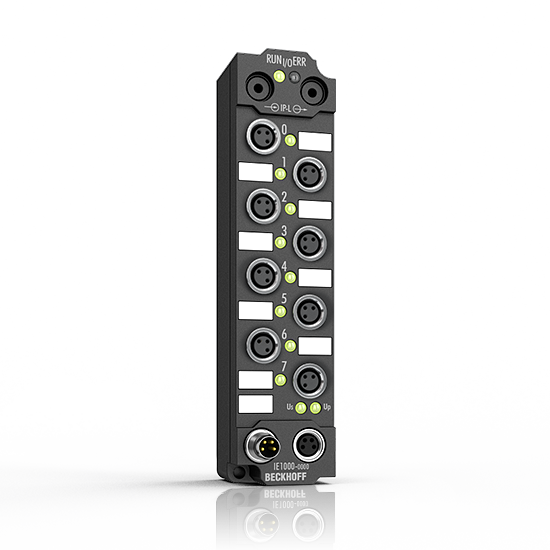Products
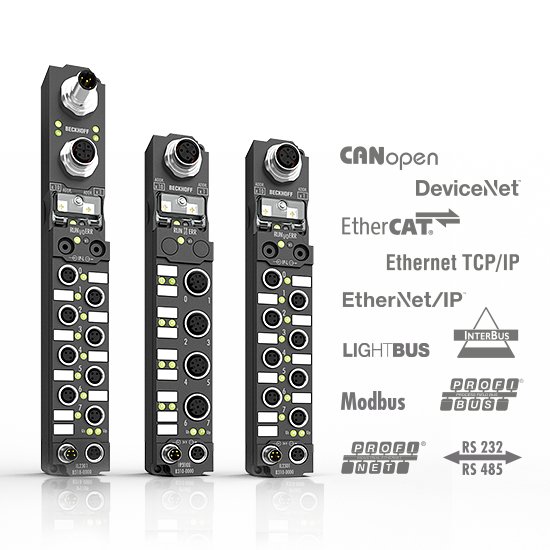
Fieldbus systems
The Beckhoff Fieldbus Box modules are available for the most common, standardized fieldbuses.
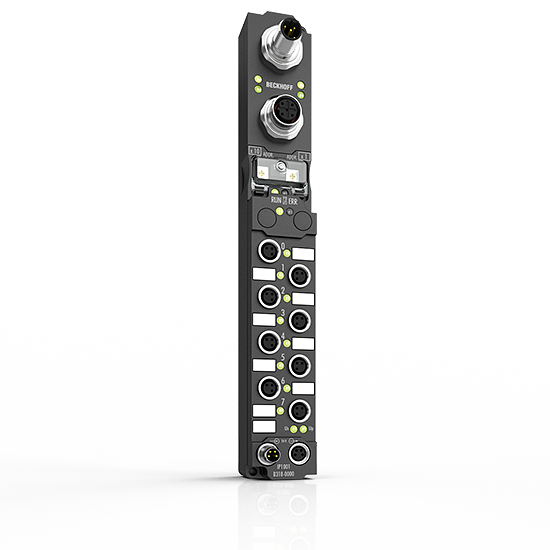
Compact Box
The Compact Box modules have a direct fieldbus connection and offer a wide range of I/O functions.
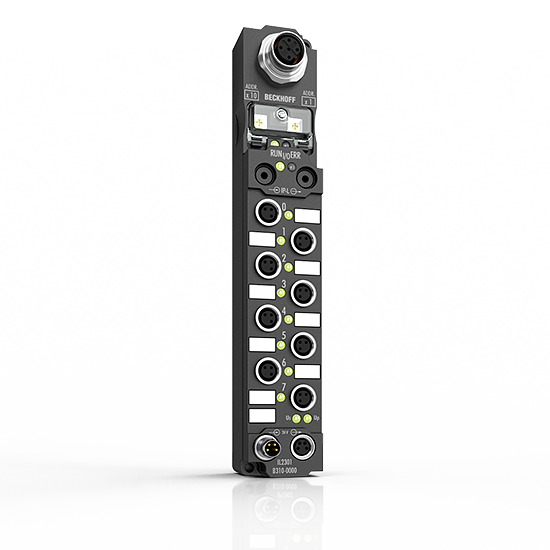
Coupler Box
The Fieldbus Coupler Box collects I/O data from the Extension Box moduels via the interference-free IP-Link connection.
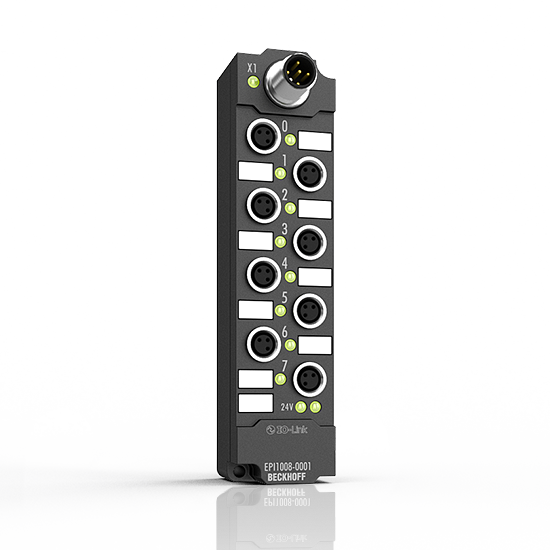
IO-Link box
The IO-Link box modules enable a cost-effective and flexible sensor connection in extremely harsh environments.
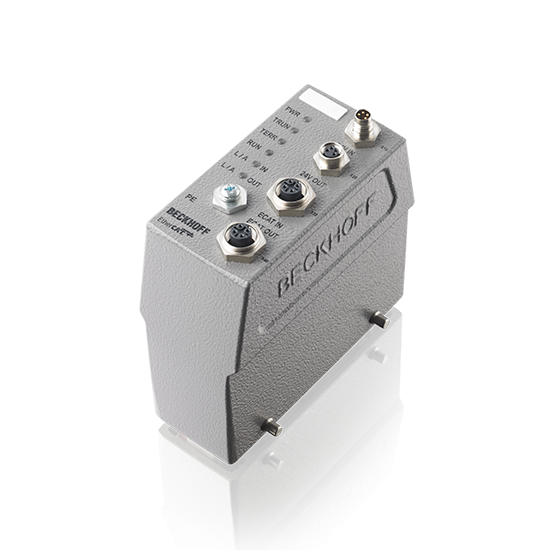
Fieldbus Modules
The Fieldbus modules allow the direct connection of thermocouples via EtherCAT or PROFIBUS.
Fieldbus Box modules for all common fieldbus systems
The Compact Box serves as a fieldbus station with a wide variety of I/O functions – without expansion options. The Coupler Box can be extended via the Extension Box modules. Communication takes place via IP-Link. IP-Link is an optical fiber communications connection with a data transfer rate of 2 Mbit/s which is capable of transmitting 1000 items of binary I/O data in approx. 1 ms, rapidly and securely. Smaller configurations are correspondingly faster. Because of the high usable data rate, the IP-Link coupling does not reduce the performance of the fieldbus at all. The Coupler Box collects the I/O data and corresponds in terms of its function to the Bus Coupler from the Beckhoff Bus Terminal system.
Advantages at a glance
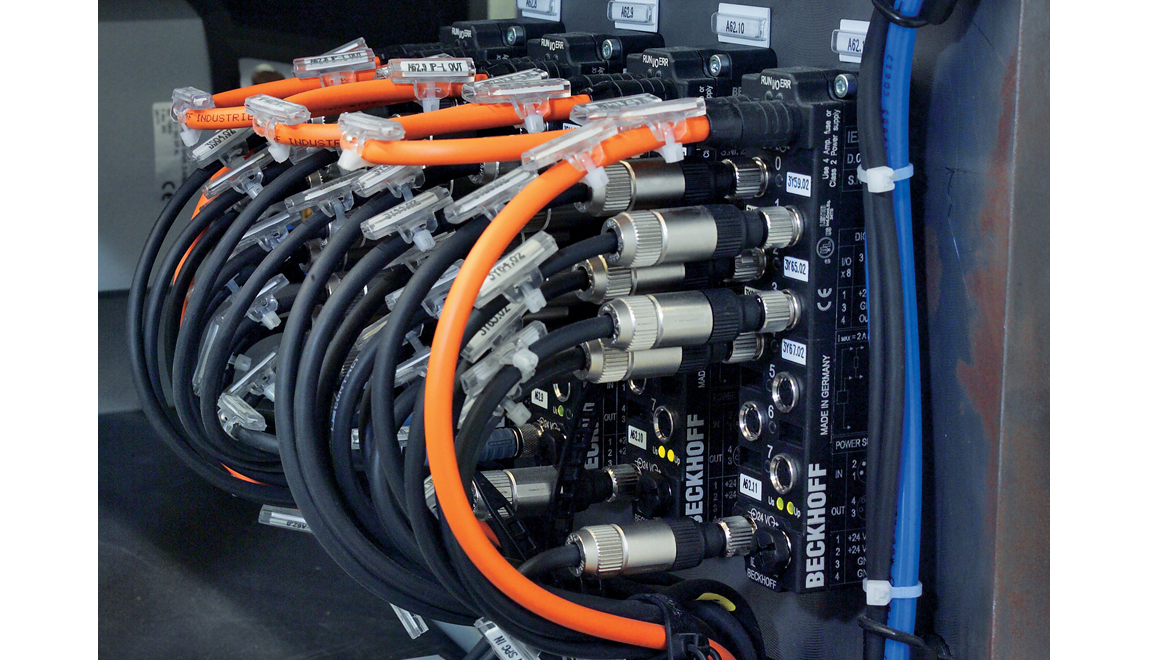
Robust and sealed
Robust construction allows Fieldbus Box modules to be fitted directly to machines. A control cabinet and terminal box is no longer required.
The modules are constructed according to IP65, IP66 and IP67 protection rating, fully potted, and are thus ideally prepared for use in wet, dirty and dusty working environments.
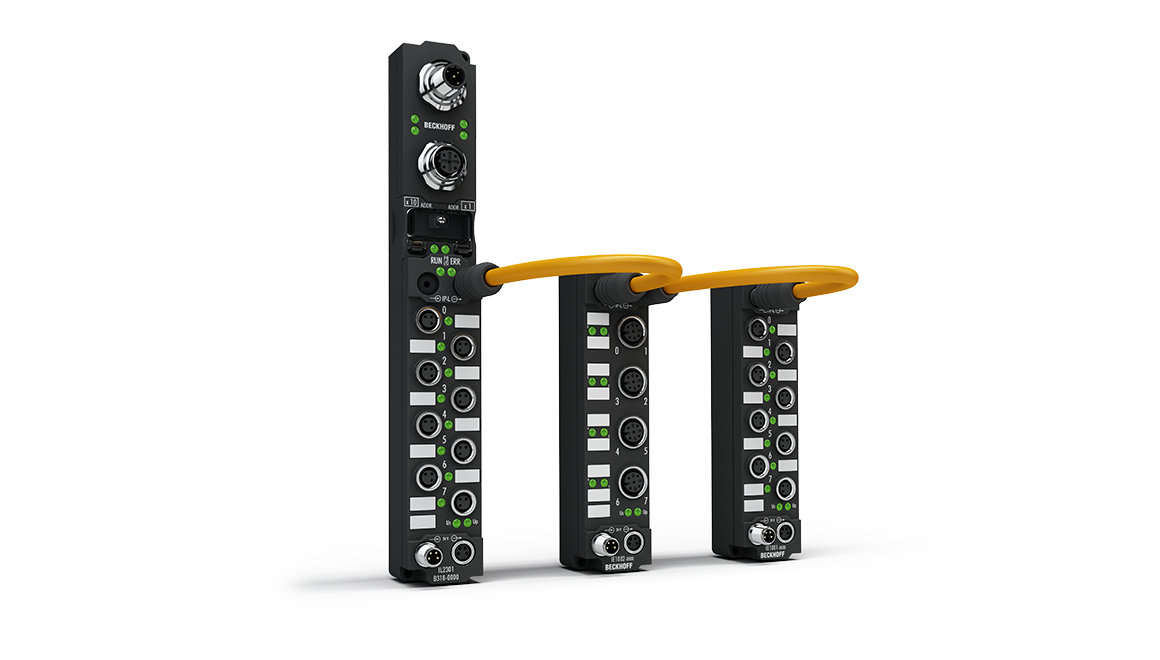
Small and modular
The modules are extremely small and are particularly suitable for applications with limited space. The small mass facilitates applications with a mobile I/O interface (e.g., on a robot arm).
Conventional fieldbuses such as PROFIBUS or CANopen are connected via Coupler Box modules. These are modularly extendable through cost-effective extension modules. The EtherCAT Box modules communicate directly with EtherCAT and require no additional Coupler Box.
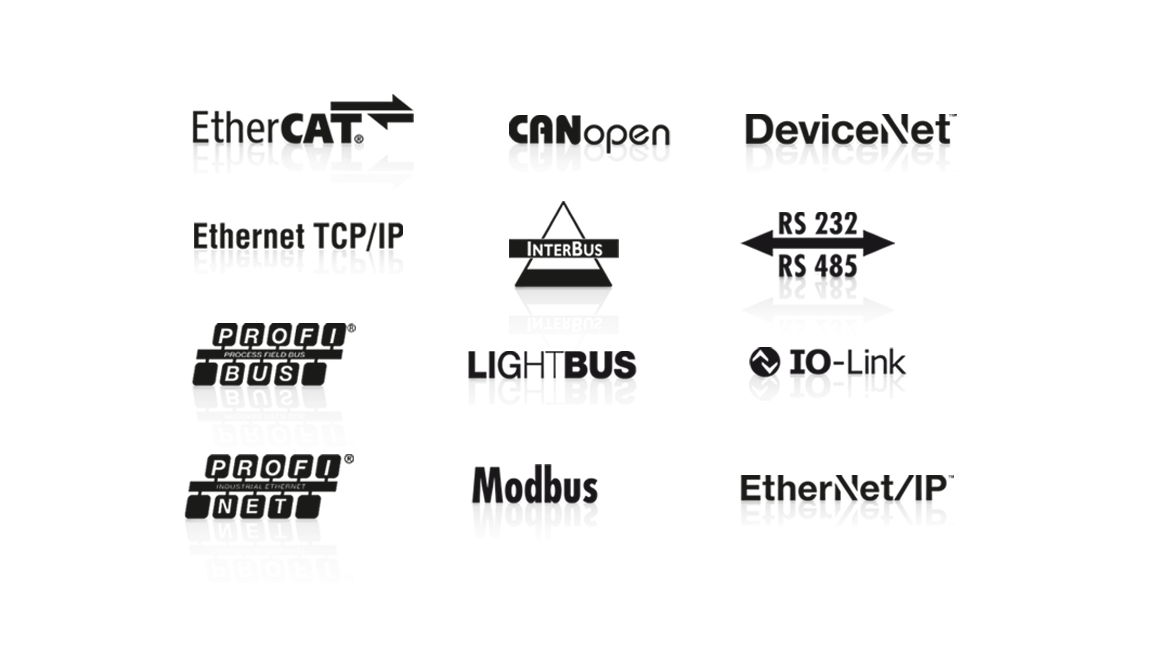
Open and complete
All the most important fieldbus systems are supported. This substantially frees electrical design from the particular bus system in use. Fast, flexible reactions to customer's requirements are possible. The Fieldbus Box modules are, of course, certified by the respective fieldbus user organizations, and can be combined with Beckhoff Bus Terminals and with devices from third-party manufacturers.
The large range of signal variants makes it possible to connect almost any type of sensor and actuator. Communication modules support, for example, the decentralized connection of label printers, identification systems and special devices. The Fieldbus Box range also offers encoder interfaces for displacement and angle measurement.
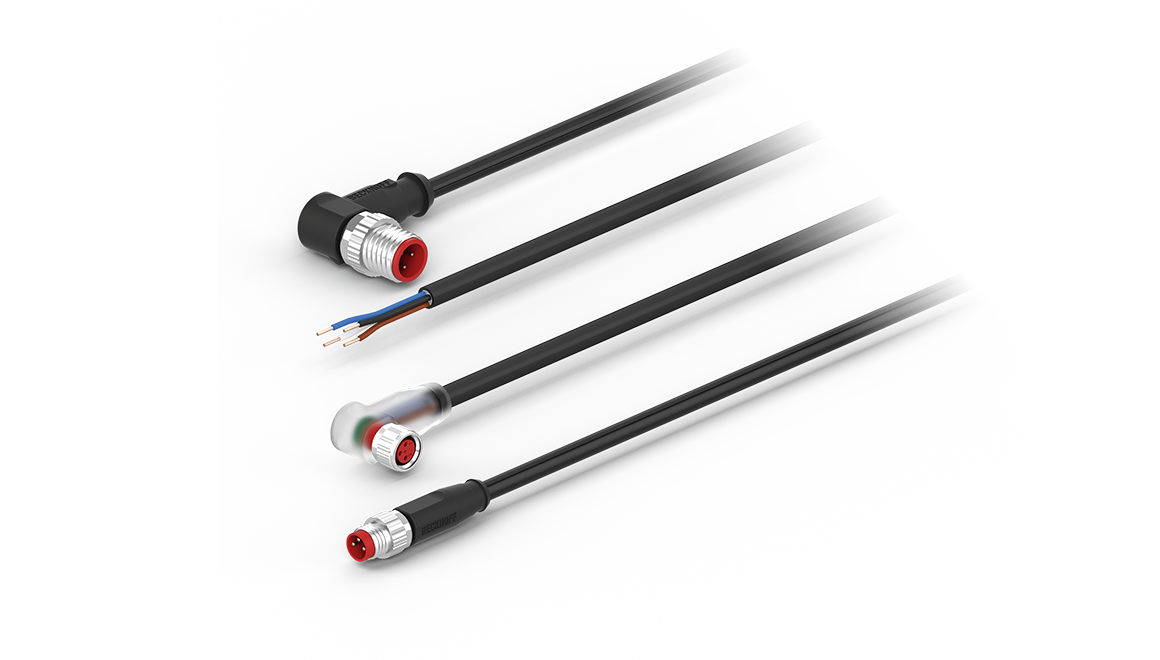
Suitable and flexible
Sensors and actuators are connected through 8 mm diameter snap-on connectors or through screw-in connectors (M8 or M12). The snap-on connectors lock in place positively, forming a shake-proof connection, while the screw-in connectors offer the advantage of high resistance to being pulled out.
In addition to the pre-assembled cables, field assembly connectors and cables are also available for maximum flexibility.
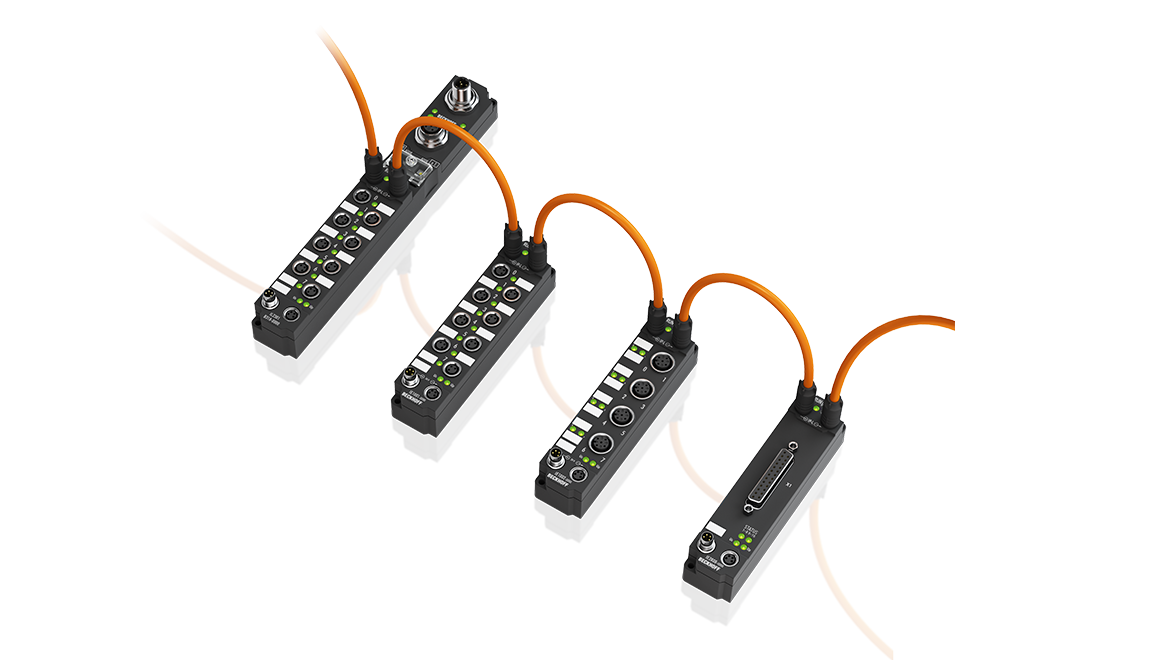
Affordable and quickly wired
The wiring of the fieldbus and of signals is significantly simplified through the use of pre-assembled cables. Wiring faults are effectively prevented, thereby optimizing commissioning times.
Combined I/O modules and the high signal granularity lead to low system costs – you only have to buy what you really need.
